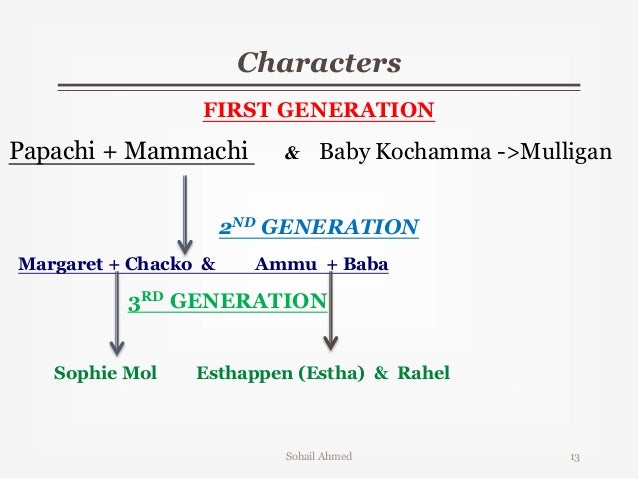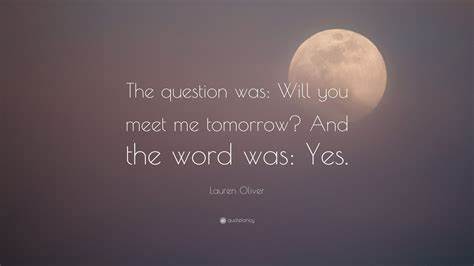The God Of Small Things
Author: Arundhati Roy
Genre: Fiction

The God of Small Things, written 25 years ago, gave Arundhati Roy the first Man Booker Prize ever awarded to an Indian resident (VS Naipaul and Salman Rushdie had won this prestigious award before her, but they were not Indian residents). She is involved in human rights and environmental causes as a political activist.
The novel is set in Kerala, southern part of India, and talks about the interpersonal complexities of an Indian family, and the idiosyncrasies of the Indian society. The book is said to be semi-auto biography of the author herself. The story revolves around the Ipe family, first Ammu and Chacko and then Ammu’s twins named Estha and Rahel.

Both Ammu and Chacko don’t want to live in the small town, so Chacko leaves to study at Oxford. He meets Margaret, a waitress there, and marries her and they have a daughter named Sophie. Soon they part ways and Chacko returns to Kerala. On the other hand, Ammu at the age of 17, goes to Calcutta and meets a Tea Estate Manager there named Baba and marries him. She soon realises that her husband is an abusive alcoholic. She divorces him and returns to Kerala with her twins. Being from a conservative family, she is not treated well.

Chacko’s former wife and daughter Sophie come to Kerala to live with the family. There are poignant scenes of a communist rally and how the lower caste is trying hard to be heard. There is also molestation of the child Estha by a theatre worker which haunts Estha forever. The twins also hear their mother cursing God to have given her twins and decide to run away. Sophie follows but is tragically killed in a boat accident.
Meanwhile Ammu is having a secret affair with lower case Velutha, something strictly forbidden by the prevalent caste system. Ironically, the twins after their boat accident take shelter in the same History House where Velutha is also sheltering. He treats them with a lot of respect and love.
The family puts the blame of Sophie’s death and the twins escape all on Velutha just to stop Ammu and Velutha’s love to blossom further. They also blame Velutha of raping Ammu to make their case stronger against him and also to come clean in front of the society. The police, without any proof, arrest Velutha and also beat him to death. Tragically, through manipulation by their aunt, Baby Kochamma, even the young twins end up (unknowingly) betraying Velutha. Ammu is also thrown out of her house and dies soon after.
Coming back to the present, Rahel (who is a divorcee living in US) learns that after all these years her brother Estha has returned to Kerala, and she also flies back. When they reunite, Rahel finds out that Estha doesn’t speak much, has not married and still cannot get over the two deaths and the molestation. Given their torturous past, Rahel and Estha take long walks along the river and have lengthy conversations. Both of them, deprived of love, get too close and make love with each other. This scene of incest was widely criticised in India and police cases were registered against Roy, but she felt “what they shared that night was not happiness, but hideous grief”.

In the last chapter, the story goes to flashback at the bank of the river where Ammu and Velutha make love for the first time. The chapter talks about their first night of affair and how they continue to meet secretly and take pleasure in ‘Small Things’. Every time they part after meeting each other, they said ‘Tomorrow?’ Just the night before Velutha’s death, Ammu kept asking Velutha to meet tomorrow.
The book jumps from past to present and present to past often, and interweaves three generations. Its timeline keeps changing from when the twins return as adults to when they were still kids, and a lot of passages are flashbacks and told from Rahel’s viewpoint. It takes a lot of effort to place the incident in correct timeline. Some readers find this beautiful while others find it confusing.
Why you Should Read This Book: The book is very well written, and tackles themes on politics, casteism, family and individual. Even the side characters are developed very well and, through them, the book delves into sexism, grief, caste, trauma, and love. For example, Baby Kochamma’s unrequited love for an Irish priest makes her extremely bitter and she ends up devastating the lives of Ammu and the twins and yet remains miserable throughout her life.
Love, unbridled and uncontrolled, is portrayed again and again. As also society’s attempt to rein it in.
We always complain about how bad the BIG things are in our lives. But this book tells us that the small things are what makes us happy or sad. And how small things have multiple consequences in our lives.
Goodreads Link: https://www.goodreads.com/book/show/9777.The_God_of_Small_Things?from_search=true&from_srp=true&qid=RIgxEygL3T&rank=1

 This information will never be shared with third party
This information will never be shared with third party
Post A Comment
Want to join the discussion?Feel free to contribute!